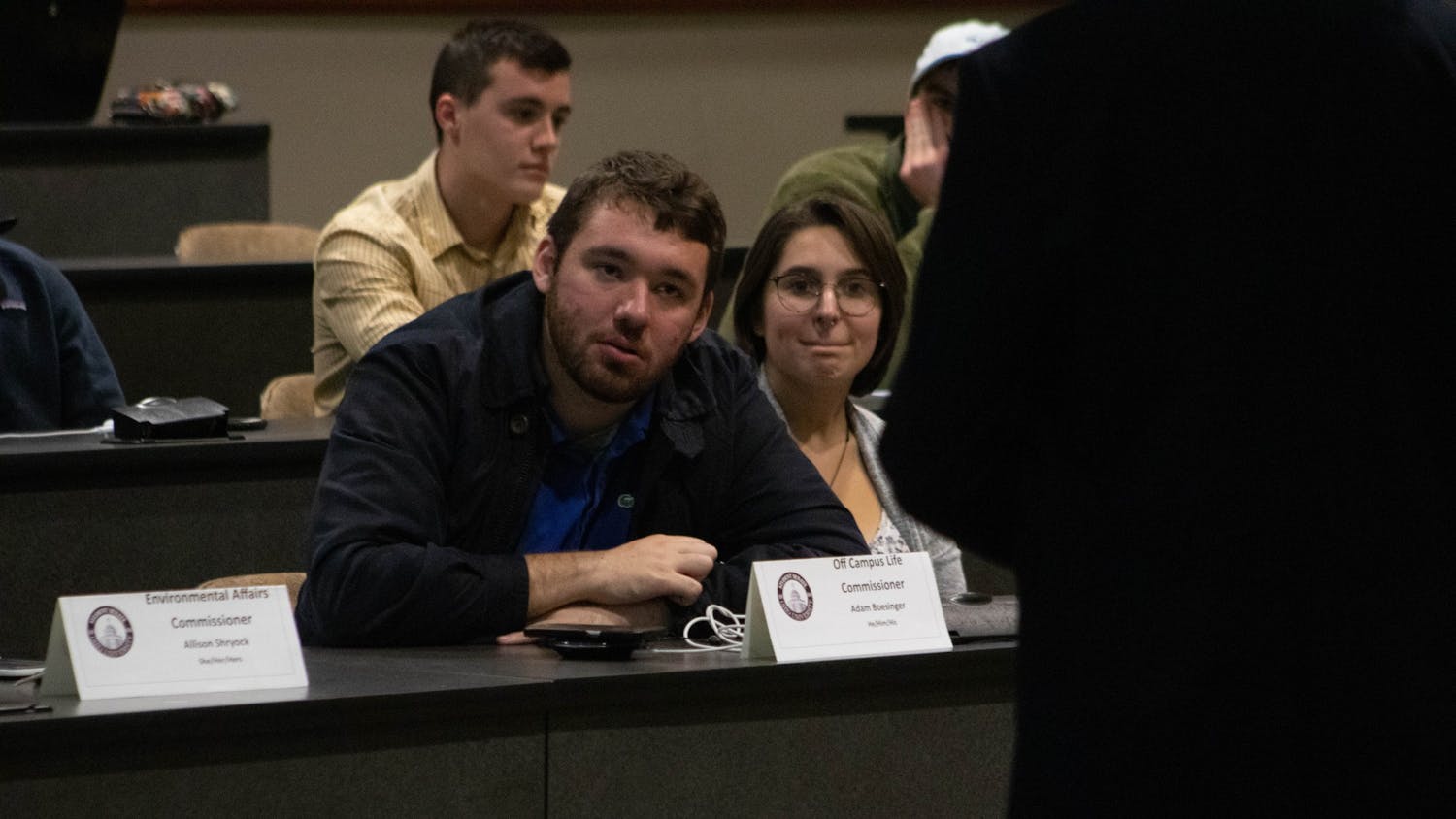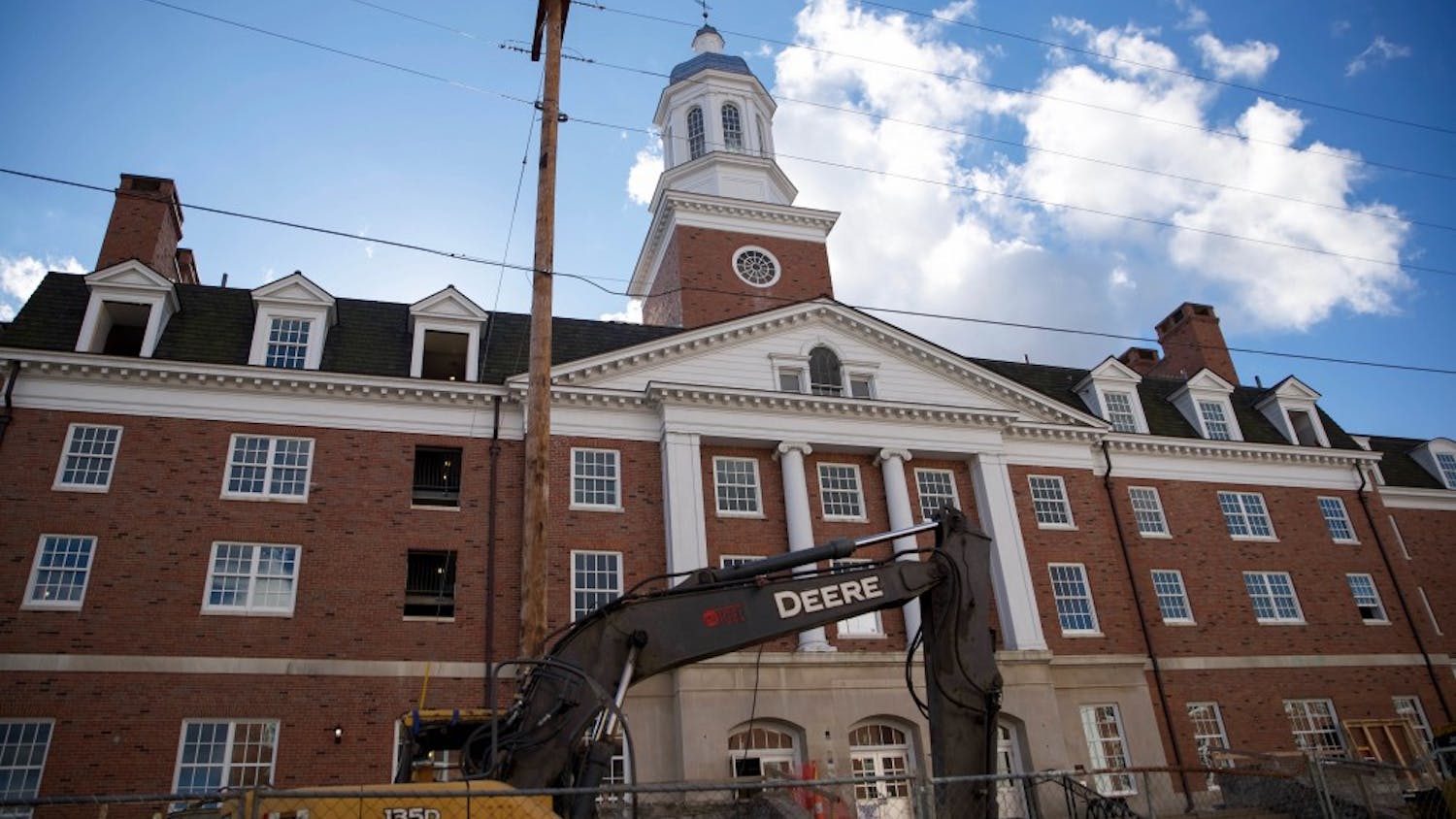A resolution to approve a budget for a Bobcat Festival was not passed at the Student Senate meeting Wednesday night after a lot of deliberation and questions from senate members.
The budget for this event totaled $4,593.68 and included a budget for food, a Supergames vendor, renting Walter Fieldhouse and various other expenses.
Clay Lewis, university life commissioner for Student Senate and primary sponsor for this bill, said during the meeting he had hoped this event would serve as an alternative for students who don’t want to participate in Fest Season parties.
“It's about an opportunity for students to come and kinda relax, get away from school, get away from everything else, and it’s also an alternative to going out to fests,” Lewis said. “ This is meant for all students as it encourages them to be able to find new ways to spend time with their friends.”
Many concerns were brought up in regards to passing a budget for this event by various members of senate, including that the event has too high of a cost, whether or not there is enough student interest in the event and if the event can be advertised enough or put together fast enough for the expected date of March 25.
“I’m a little concerned about cost,” Dylan Demonte, academic affairs commissioner for senate, said. “I did a short breakdown, so, the budget as it stands, if 100 students attend the event the cost would be 45.93 per student.”
Currently, Student Senate has not allocated about $27,000 of its $39,727.24 internal senate budget.
After much deliberation, 11 members of senate voted to approve the bill, 13 members voted not to approve the bill, and one member abstained.
Additionally Johnna Matulja, director of Business Operations for Housing and Residence Life at Ohio University, presented their office’s student-centered approach to the second-year room selection process during the meeting.
Matulja talked about how Housing and Residence Life has continued to try and make the process as consistent and as fair as possible, but they are still open to new suggestions from students. Housing and Residence Life currently uses a random-computer-generated process to determine when each student is allowed to choose their second-year room.
“I can provide a consistent process and I can make a level playing field for each and every one of our students as they are coming through,” Matulja said. “And that is what our team is working so hard right now.”
In a response to a question by a member of senate regarding the over-capacity issues that occurred within housing this past year, which was previously reported on by The Post, Matulja also talked about the increase in leased beds for the 2023-2024 school year in RiverPark to 428 from 122.






